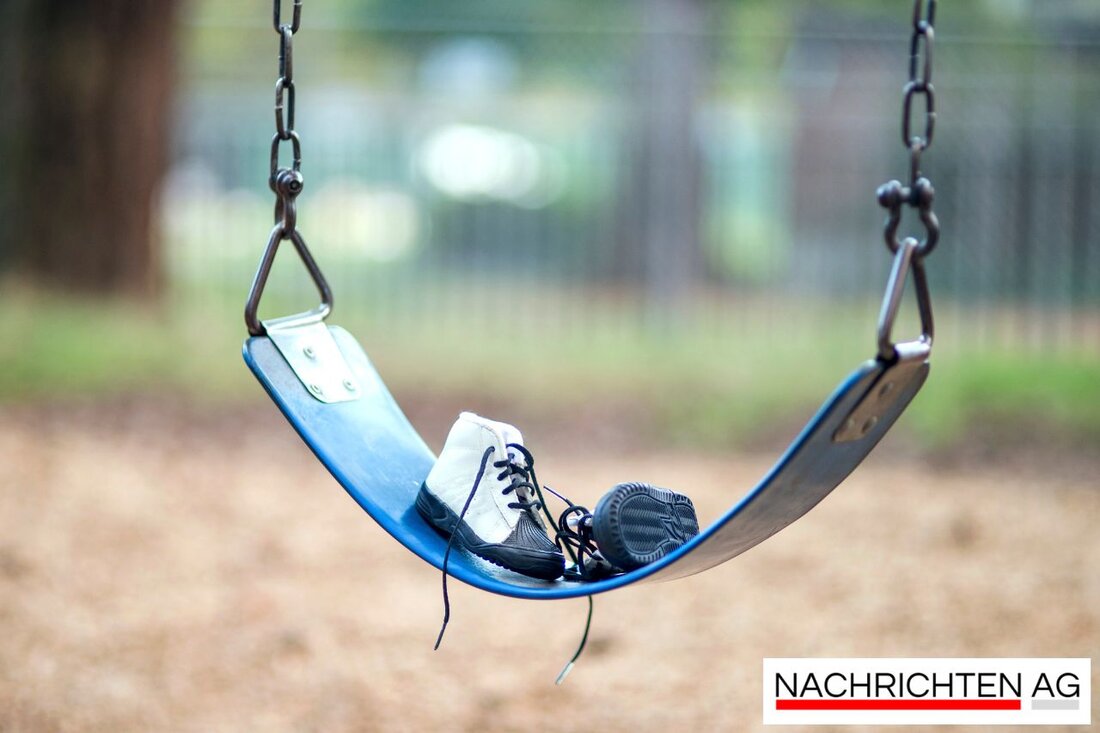Fighting and winning: How Kim Meckelnburg beat her leukemia!
Aid campaign in Neumünster saved Kim Meckelnburg from leukemia in 2007. Today she is healthy and studying to become a teacher.

Fighting and winning: How Kim Meckelnburg beat her leukemia!
In 2007, Kim Meckelnburg from Neumünster's life changed suddenly when she was diagnosed with leukemia. The diagnosis plunged Kim, who was still young at the time, and her single mother Iris into a world full of suffering and hope. Unfortunately, the chemotherapy did not have the hoped-for success, which ultimately led to the doctors recommending a life-saving stem cell transplant.
On July 31, 2007, Kim's rescue became a reality. She was successfully transplanted and has been celebrating her birthday twice a year since then. Today Kim is 24 years old and healthy. Her story is a moving example of the tireless fight against blood cancer and the unshakable bond between mother and daughter.
A big step towards salvation
During the difficult months of chemotherapy, Iris tried to cheer up her daughter by inventing games and telling funny stories. Despite efforts, chemotherapy was not effective enough and a suitable stem cell donor was not initially found. In order to get help, Iris met Markus Friehe, who started an aid campaign to find stem cell donors in Neumünster. A typing campaign ensured that 950 people provided saliva samples.
The willingness to help was great. Around 45,000 euros were donated for Iris and Kim and for the analysis of the samples. Although four stem cell donors were found in Neumünster, unfortunately there was no one who was a match for Kim. But her luck changed when Iris received a call a few weeks later from DKMS - the largest non-profit organization in the fight against blood diseases - that a suitable donor had been found.
The role of the DKMS
The DKMS was founded in Germany in 1991 with the aim of increasing the number of potential stem cell donors worldwide. They manage the largest and most diverse stem cell donor registry in the world and have saved the lives of over 125,000 patients through transplants. Around 13 million people are registered worldwide every year, and the likelihood of finding a suitable donor varies from country to country.
Since the beginning, the DKMS has tried to improve access to transplants and promote research. The well-being of the patients is our top priority. But it's not just registration that's crucial: there are two methods of stem cell donation: peripheral stem cell collection and bone marrow collection. Peripheral stem cell collection, in which stem cells are obtained from the blood, is the most common method, while bone marrow collection is less common and is done under general anesthesia.
A fulfilling life after the illness
Today Kim lives near Augsburg, where she is studying to be a teacher, while her mother Iris has also lived there for a year. Despite the challenges that leukemia brought, Kim has no health limitations but misses being a little taller as the cancer has affected her growth. She has learned that her bone marrow donor is male and comes from Germany, but does not want to have direct contact with him.
A big thank you goes to the support that the Meckelnburgs received from the people of Neumünster in 2007. Markus Friehe also remains very active and is involved, among other things, in bringing relief supplies to Ukraine. Kim's story impressively shows how important it is to stick together and show solidarity in difficult times. She and her mother are happy and healthy today and are looking forward to every new opportunity in life.

 Suche
Suche
 Mein Konto
Mein Konto